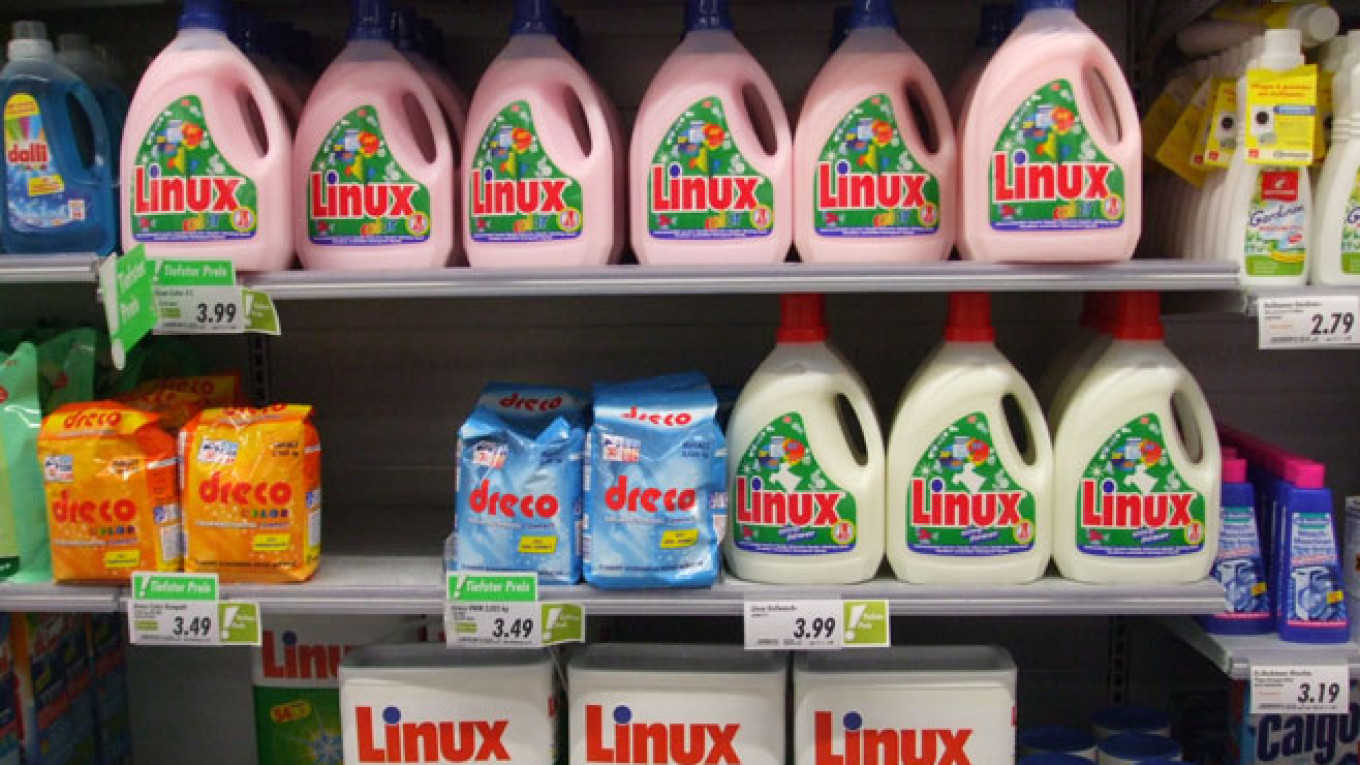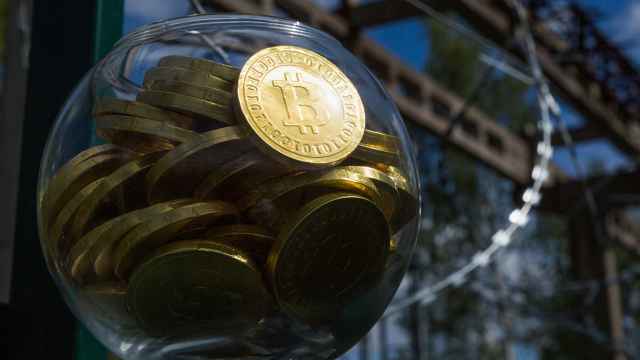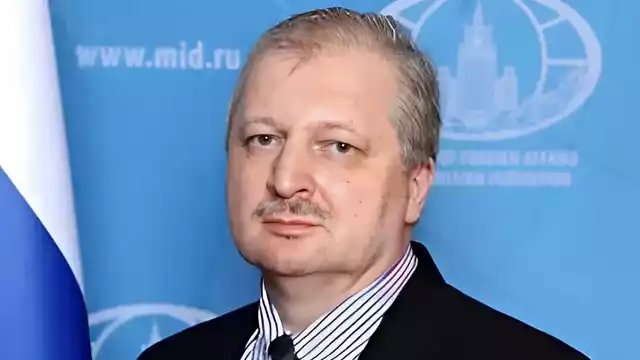Fears that Russia's economic downturn will ravage European multinationals may have been overstated in some cases, with companies that sell beer and soap defying gloomy expectations.
Whether due to 'recession-proof' products or because the companies have been able to offset pain in eastern Europe with growth elsewhere, brewer Carlsberg and detergent-and-cosmetics group Henkel are among firms whose third-quarter results beat market forecasts, despite their exposure to Russia.
While investors expect the final quarter to be even more taxing, some are starting to question whether negative views of Russia-exposed firms have gone too far.
"The whole basic idea that you have to avoid everything which is closer to (Russia and Ukraine) will probably go away," said Ronny Claeys, senior strategist at KBC Asset Management.
Russia has been hit by falling oil prices and Western sanctions imposed over its role in the Ukraine crisis and shares in many companies that do lots of business there are trading at a discount to their peers.
Denmark's Carlsberg, for example, trades at a price-to-earnings ratio of 13.38 versus rival Heineken's 18.08 and SABMiller's 20.60. Some analysts said the risks of its exposure to Russia may have been overplayed, as quarterly growth in Asia had offset declining volumes in Russia.
Henkel, which owns brands such as Persil detergent and Right Guard antiperspirant, trades at a P/E of around 11.77 versus L'Oreal's 21.94 and Beiersdorf's 24.84. Its shares rose on Tuesday after it raised annual targets and said performance in Russia had been "above average."
"It sounds like Carlsberg has managed to weather Russia's woes through efficiency improvements and changes to the product mix ... It is on a very big discount to rivals and we have held onto it," said Andrea Williams of Royal London Asset Management.
"We don't want to get carried away as there may be worse yet to come ... But I have been surprised at how they're coping."
Essential consumer goods will continue to grow in Russia, despite the problems, said Commerzbank analyst Andreas Riemann.
"Maybe we won't see a 10 percent growth for Henkel in Russia but we could see a positive growth in the coming quarters," he said. "These companies are selling the things people really need."
Q4 May Be Trickier
Shares in companies exposed to Russia such as Carlsberg, Finnish tyre maker Nokian, Austrian bank Raiffeisen and sportswear maker Adidas have all underperformed peers this year, according to data.
Some are cutting back or restructuring, with Adidas reducing the number of new stores it opens in Russia and Volkswagen using temporary production shutdowns there.
Given that the steepest fall in the oil price and the value of the ruble happened in October, it is likely that the fourth quarter will give a more telling picture than the third.
Investors are betting that some stocks will keep falling: "short" bets on Nokian, whose third quarter results were below expectations, have doubled since March, according to Markit data.
But there are pockets of improvement that have not been given their due, some analysts say.
Carlsberg, for example, used price increases and reduced pack sizes in Russia to help offset declining volumes. A freeze on Russian beer excise taxes in 2015 will also help.
Some utilities have also held up: Finland's Fortum benefited from new capacity in Russia, and Germany's E.ON said Russian profits would grow in ruble terms next year. Oil major BP, owner of a 19.75 percent stake in Russia's Rosneft, was able to raise its dividend.
"The big uncertainty on medium-term earnings is where will the ruble stabilize," Sanford C. Bernstein analyst Trevor Stirling told clients, adding that a modest rally this week had offered "a glimmer of hope."
A Message from The Moscow Times:
Dear readers,
We are facing unprecedented challenges. Russia's Prosecutor General's Office has designated The Moscow Times as an "undesirable" organization, criminalizing our work and putting our staff at risk of prosecution. This follows our earlier unjust labeling as a "foreign agent."
These actions are direct attempts to silence independent journalism in Russia. The authorities claim our work "discredits the decisions of the Russian leadership." We see things differently: we strive to provide accurate, unbiased reporting on Russia.
We, the journalists of The Moscow Times, refuse to be silenced. But to continue our work, we need your help.
Your support, no matter how small, makes a world of difference. If you can, please support us monthly starting from just $2. It's quick to set up, and every contribution makes a significant impact.
By supporting The Moscow Times, you're defending open, independent journalism in the face of repression. Thank you for standing with us.
Remind me later.






